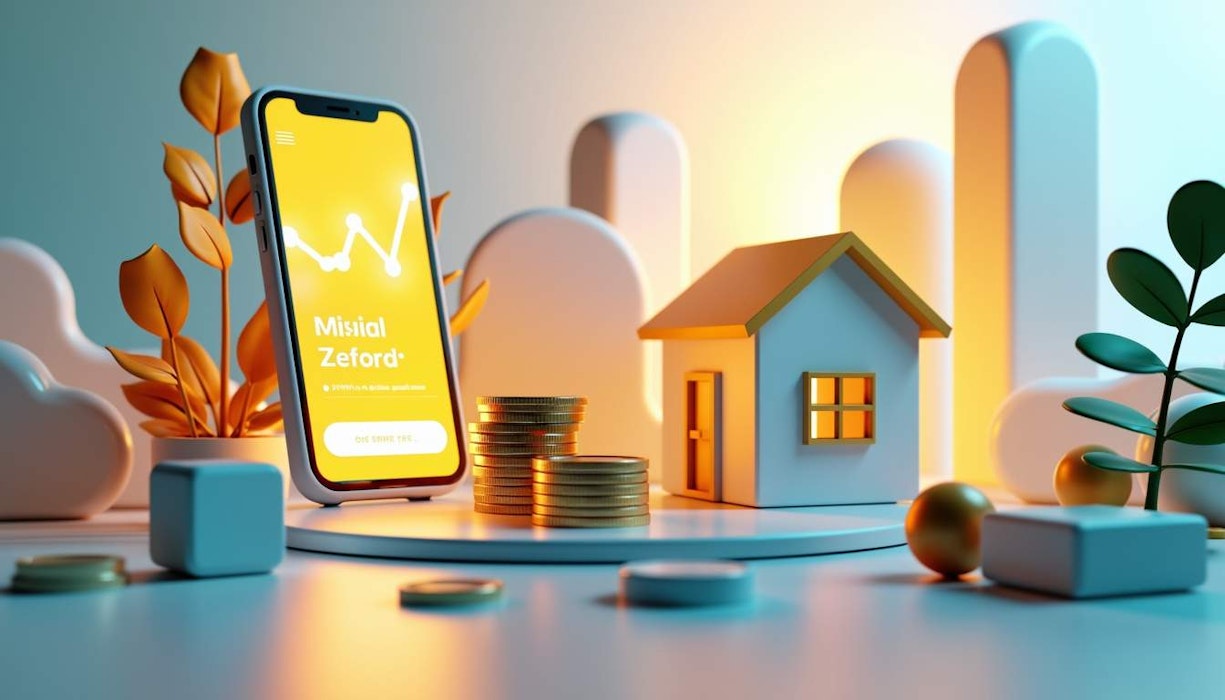Introduction to Blockchain in Real Estate
It’s no secret that there’s a massive wealth gap between generations. One of the biggest factors? Real estate. Older generations have had the luxury of owning homes and watching their value skyrocket, while many young people today can’t even dream of affording a place without some hefty parental assistance. But what if I told you that blockchain technology could change the game? By enabling fractional ownership through tokenization, blockchain could open up real estate markets to younger investors and level the playing field.
The Rise of Tokenized Real Estate
Tokenized real estate is a game changer. Instead of needing hundreds of thousands (or millions) in cash, you can buy into cryptocurrency-backed properties with just a few bucks. Here are some pros and cons I’ve gathered:
- Pros:
- Lower entry barriers mean more people can invest.
- Increased liquidity makes it easier to sell your share.
-
Diversification is simpler when you can buy fractions of multiple properties.
-
Cons:
- New risks emerge, like cybersecurity threats and regulatory uncertainties.
Understanding Blockchain Trading Platforms
So how does this all work? Enter blockchain trading platforms. These digital currency platforms allow users to buy and sell tokenized real estate securely and transparently. For those who are crypto platform for beginners, these platforms are generally user-friendly and often come with educational resources. However, not all platforms are created equal; some are better at protecting your account for cryptocurrency than others.
Benefits of Fractional Ownership
The benefits of fractional ownership through tokenization are hard to ignore:
- Lower entry barriers make it possible for everyday folks to invest.
- Increased liquidity means you’re not stuck in an illiquid investment.
- Diversification is easier when you can spread smaller amounts across multiple assets.
But it’s not all sunshine and rainbows; there are new risks involved.
Legal and Regulatory Challenges
Of course, implementing blockchain tech in real estate isn’t without its headaches:
- Identity verification gets tricky when everyone’s pseudonymous.
- Smart contracts might not be enforceable everywhere.
- Co-ownership issues abound
These challenges will need addressing if we want widespread adoption.
Impact on Traditional Real Estate Markets
As virtual currency exchanges gain traction, traditional real estate markets will likely feel the impact:
- Cryptocurrencies could streamline transaction processes by eliminating middlemen (hello lower fees!).
- Enhanced security via blockchain ensures transparency—goodbye shady deals!
But let’s be honest; cryptocurrencies’ volatility might scare off some traditionalists.
Summary
Blockchain trading platforms and tokenized real estate offer a promising solution to the generational divide in property ownership. By lowering entry barriers, increasing liquidity, and providing diversification opportunities, these innovations can democratize real estate investment for Gen Z and other investors. However, addressing the legal and regulatory challenges is crucial for the widespread adoption of blockchain technology in the real estate industry. As the market evolves, the potential for blockchain to transform real estate investment remains significant, offering a new avenue for wealth generation and financial inclusion.
